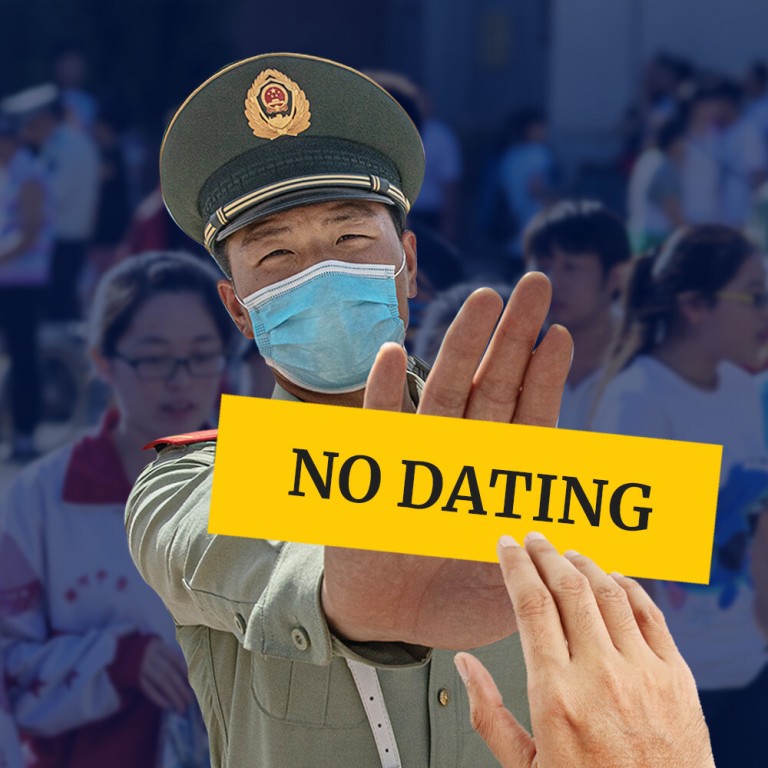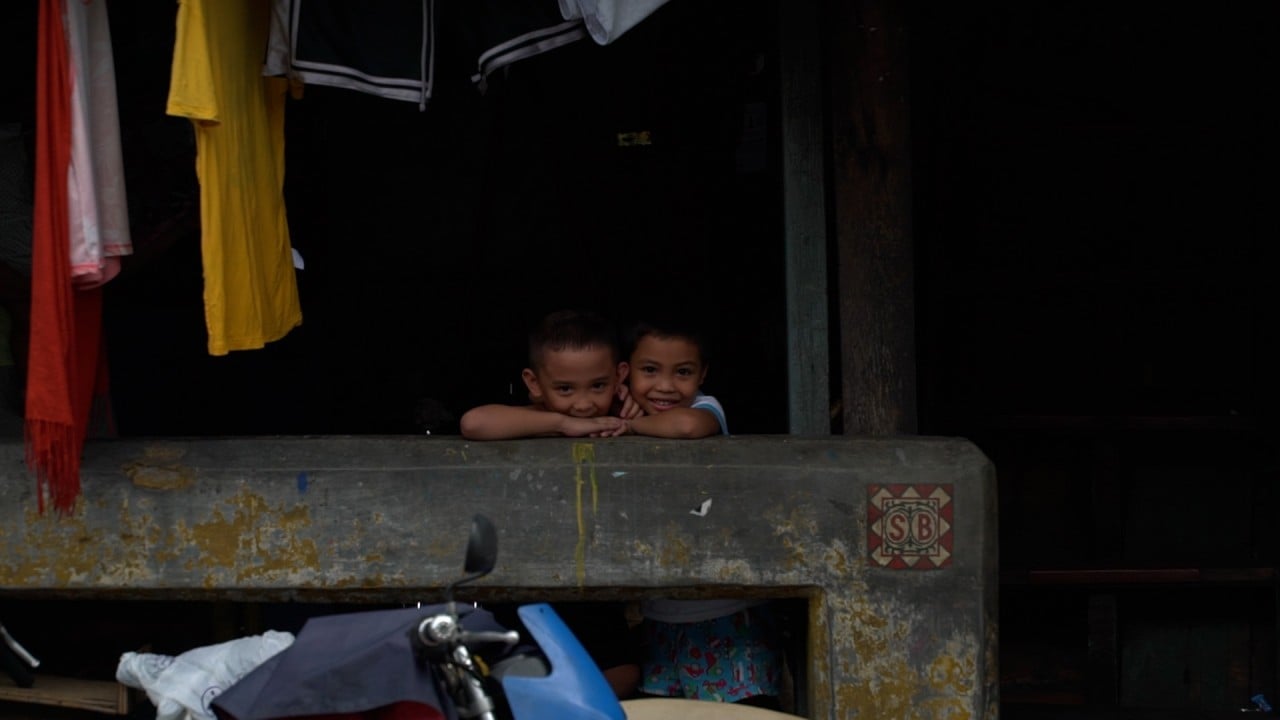
China considers banning teachers from sexual relationships with primary and middle school students and new rules on harassment
- The proposal contains clauses on sexual harassment; including dormitory safety, camera surveillance, and reporting mechanisms
- Other predatory behaviours listed include groping or touching particular parts of the body, flirting, teasing, or sexually suggestive comments
The draft of School Protection Order for Juveniles was issued by the Ministry of Education on Tuesday and, if passed into law, requires primary and middle schools to prohibit teachers from dating students or having sex with them.
Although the age of consent in China is 14 years of age, the proposed ban spells out prohibited behaviours by teachers towards students beyond those covered by statutory rape provisions, while also including students above the age of consent.
‘China has a national sexual illiteracy’: the challenges to developing sex education
Other predatory behaviours that “hurt students’ physical and mental health” listed in the document include molesting students by groping or intentionally touching particular parts of their body, flirting, teasing, or making sexually suggestive comments.
Teachers are also banned from displaying or circulating messages, books, magazines, films, videos, or pictures that contain pornographic information to students.
Among other regulations being proposed is a ban on schools revealing students’ rankings in tests and from publicising previous graduates who were enrolled by prestigious higher-level schools.
Teachers found violating the rules would receive disciplinary punishment and prevented from joining any award competitions for a period of one to three years. If the schools’ principal is responsible for an incident or found to have failed in their duty of care, they could be removed from their job for up to five years, the document said.
The public can send feedback about the order before April 23. It’s unclear if the order will be passed or when it would be put into effect.
Xiong Bingqi, director of the 21st Century Education Research Institute, said the latest order is to make clear to schools their duties as a way to support the country’s revised Law of the Protection of Juveniles that will be implemented in June.
A 2014 regulation governing teachers’ ethics has outlawed 10 specific activities, including sexual harassment or having an “inappropriate relationship” with students.
But regarding the definition of “inappropriate relationship”, different people have different ideas, Xiong told the South China Morning Post.
As a result of the absence of a clear definition of this term, it’s difficult for schools and the education department to deal with the case if the teacher involved is single, he said.
“In some cases, teachers accused of sexual harassment claimed this was an injustice by arguing the relationship had been consensual, Xiong said.
“Normally the teacher will be assigned to other schools, instead of being punished for an ethics error,” said Xiong.
“With the future implementation of the teacher-student dating ban, this kind of thorny issue will be treated smoothly since it’s not right for them to date in the first place,” he said.
Some people objected to the banning of teacher-student dating, arguing that dating is every person’s legal right.
“But they don’t understand that a teacher can use the power from his position to induce or force students to date with him or her. If a teacher is dating a student, he or she would often give privilege to the student. This is unfair for other students,” said Xiong. “So banning teacher-student dating is essentially to avoid interest exchanges.”
He urged the state authority to extend the ban to universities.
Maggie Yang, a Shenzhen mother of a 15-year-old girl, said she agreed with the teacher-student dating ban.
“I think dating is the business of adults. How can we tolerate that a teacher dates a minor student?” she asked. “This rule should have been made earlier.”



